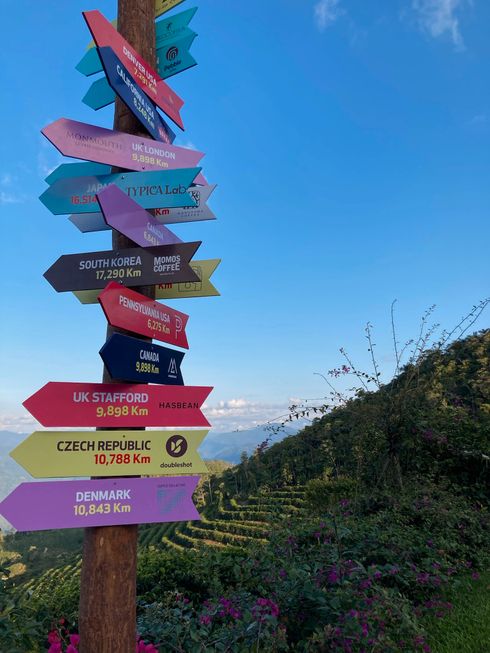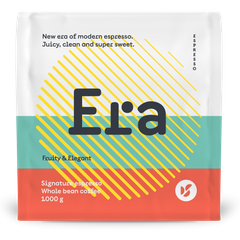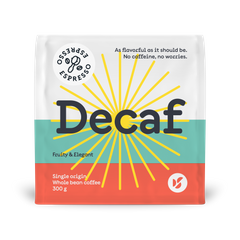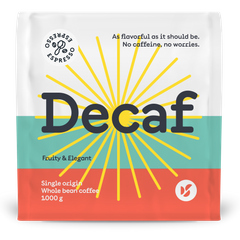
| Country | Bolivia |
|---|---|
| Farm | Alasitas, Caranavi |
| Varietal | Arabica Caturra |
| Processing | Natural |
| Crop | September 2024 |
| Partnership | since 2018 |
| Flavour | Juicy & Exotic |
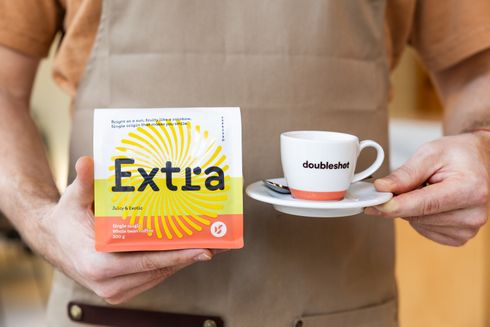
Extra
Single-origin espresso that we want to catapult you into coffee heaven with. In a bag with the Extra logo, you will always find espresso that is exceptionally flavorful and so juicy that it surprises beginners in specialty coffee. But for connoisseurs, it's an experience you shouldn't miss out on.
At Extra, you'll find a different espresso every time, it's always single-origin, meaning from a single farm. We roast it lightly to highlight its sweetness and acidity. We recommend preparing it in high-quality espresso machines, which can bring out the best in it.
Espresso Coffee Family
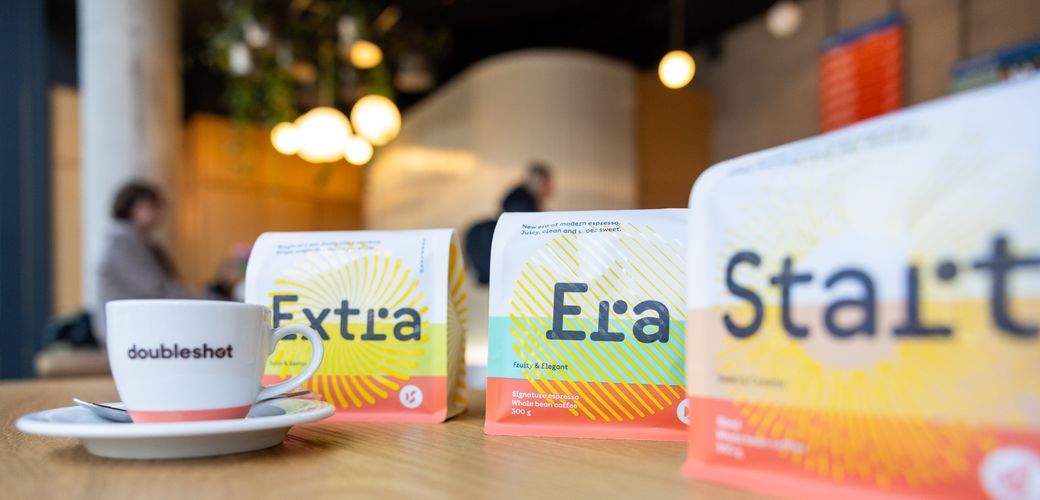
Which coffee is currently in Extra?
Bolivia Alasitas - natural processed lot of caturra variety from the Rodriguez family.
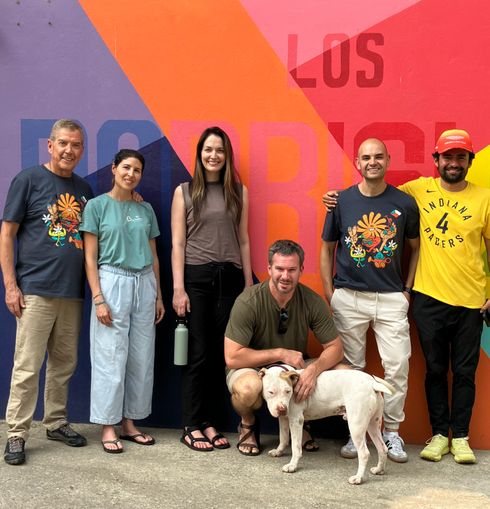
How does it taste?
This coffee was selected by Yara during his visit to Bolivia in September. This is a blend of two lots that, thanks to their processing, were definitely the stand outs on the cupping table. The distinctly fruity aromatics and notes of rum and red wine are mainly the result of "coco natural" processing (this processing has nothing to do with infusion!). The thick, marmalade-like body and light citrus acidity complement the whole "funky" character of the coffee, which is perfectly suited for our Extra line of single-origin espresso.
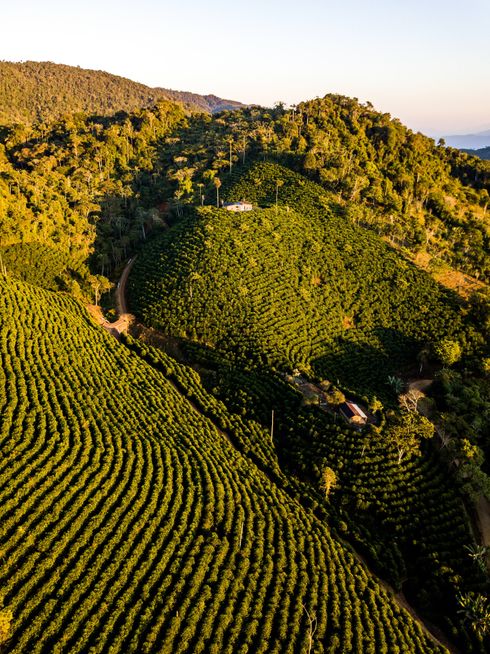
About the farm and exporter
This coffee comes from the Las Alasitas farm situated at the altitude of 1600 masl. The farm is run by the Rodriuez family. Their company Agricafe is trying to bring specialty coffee back to the country. They support a lot of farms around in order to replace coca farming. The Alasitas farm (which means "buy me" in the aboriginal language) is quite young. The family bought 20 ha of land in 2014 in Caranavi region. Where they built a processing station and this modern farm. They grow varieties of caturra, java and geisha.
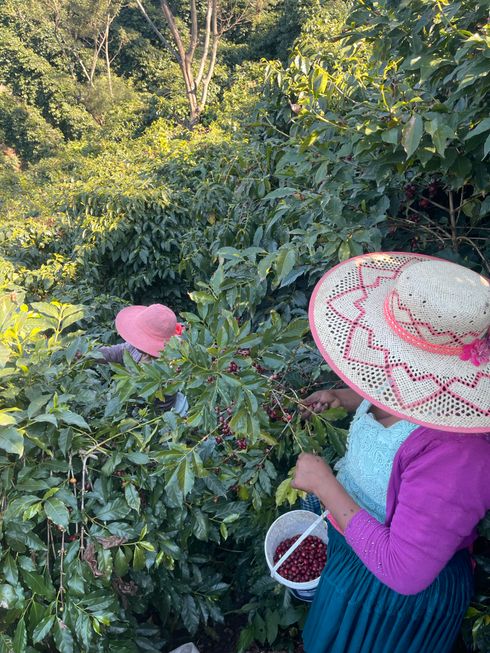
Caturra variety
Caturra is a natural mutation of the Bourbon variety. It was discovered on a plantation in the state of Minas Gerais in Brazil in 1915. In Central America, widespread commercial adoption didn’t start until 1970s. For decades, it was one of the most economically important coffees in the region, to the extent that it was often used as a “benchmark” against which new cultivars are tested. Caturra is also known for being one of the parents of the so-called “Catimor” family of cultivars, which became prevalent in most of the coffee farms.

Processing - "coco" natural
This caturra variety was processed with a special drying process called Coco Natural. The whole cherries are first put on African beds and dried in the direct sun for 5 days. After that they are placed in huge open containers (called "coco dryers" because of the cocoa-like colour of the cherries) and dried at 40C for 20 days. These containers are a very unique thing. The heat comes from large gas burners and cherries get rolled over regularly for achieving an even drying. The final flavour profile is then determined by the amount of cherries placed in the container and the frequency of rolling them over. We could see this method already in Brasil. That is no surprise as the Rodriguez family works very closely with Mr Flavio Borem, one of the most well known coffee processing specialist.
